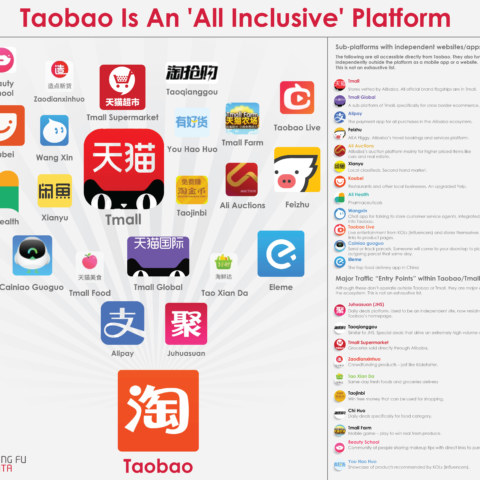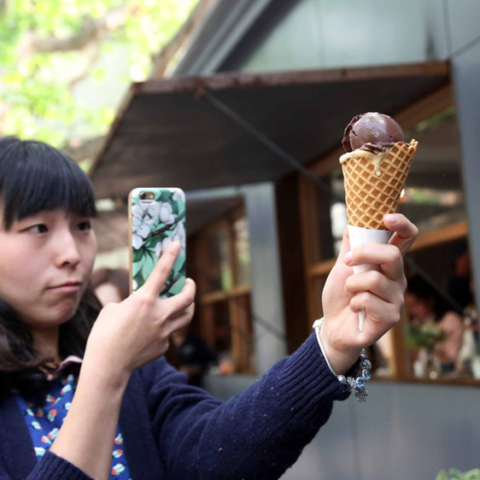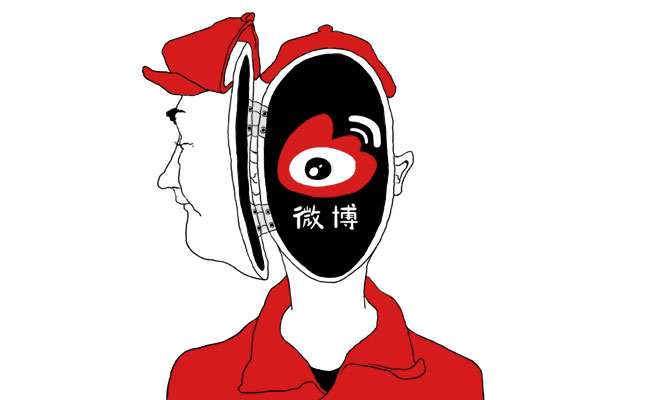While cleaning up fake accounts can dent user numbers, Tencent has strong incentives to show its investors that its user base is organic and genuine. Several years ago, Weibo developed a reputation of being overrun with fake followers after a University of Hong Kong professor claimed in 2014 that 94 percent of all Weibo posts were created by only 10.4 million Weibo users, a far cry from the 129.1 million monthly active users on Weibo at the time. In 2015, Weibo enacted a similar cleanup process that led many brands and celebrities to see massive decreases in fan numbers—one Chinese singer lost a staggering 8 million fans. Weibo currently has 282 million monthly active users, while WeChat reportedly has over 700 million.
The decrease in zombie accounts is especially helpful for luxury brands as they plan out their social media advertising budgets and want to get a real assessment of the fan base of a potential brand ambassador or assess the value of an ad. If effective, it could also deter fake “influencers” from purchasing followers.
Tencent’s security team knows it has its work cut out for it in combating this issue. According to a recent statement via Campaign Asia, “This game of cat and mouse will continue for quite some time. We will also continue to strengthen our technological means to ensure that the platform is fair and equitable.” It also asserts, “The platform does not welcome any false prosperity.”
































